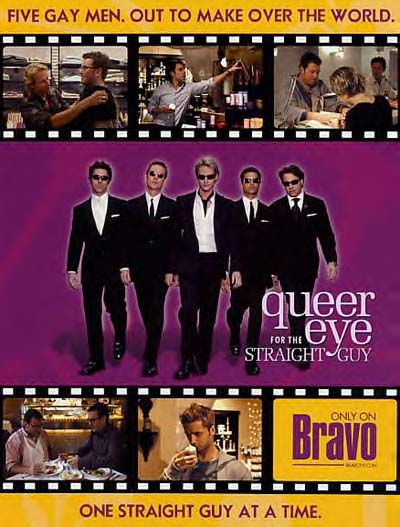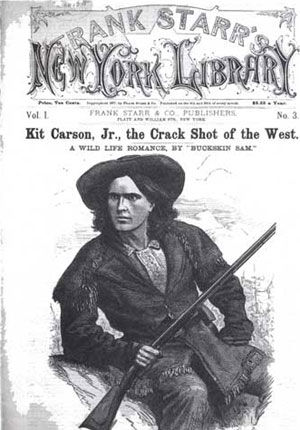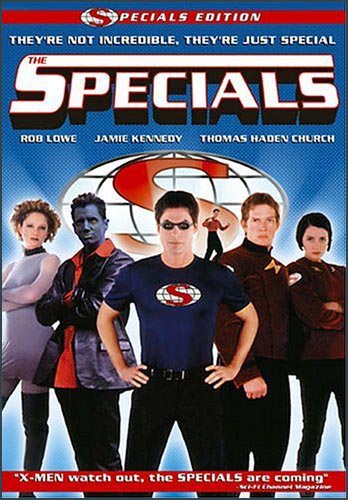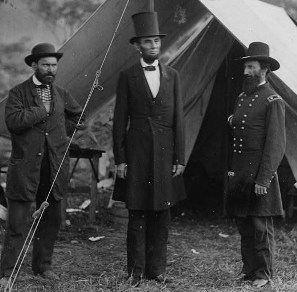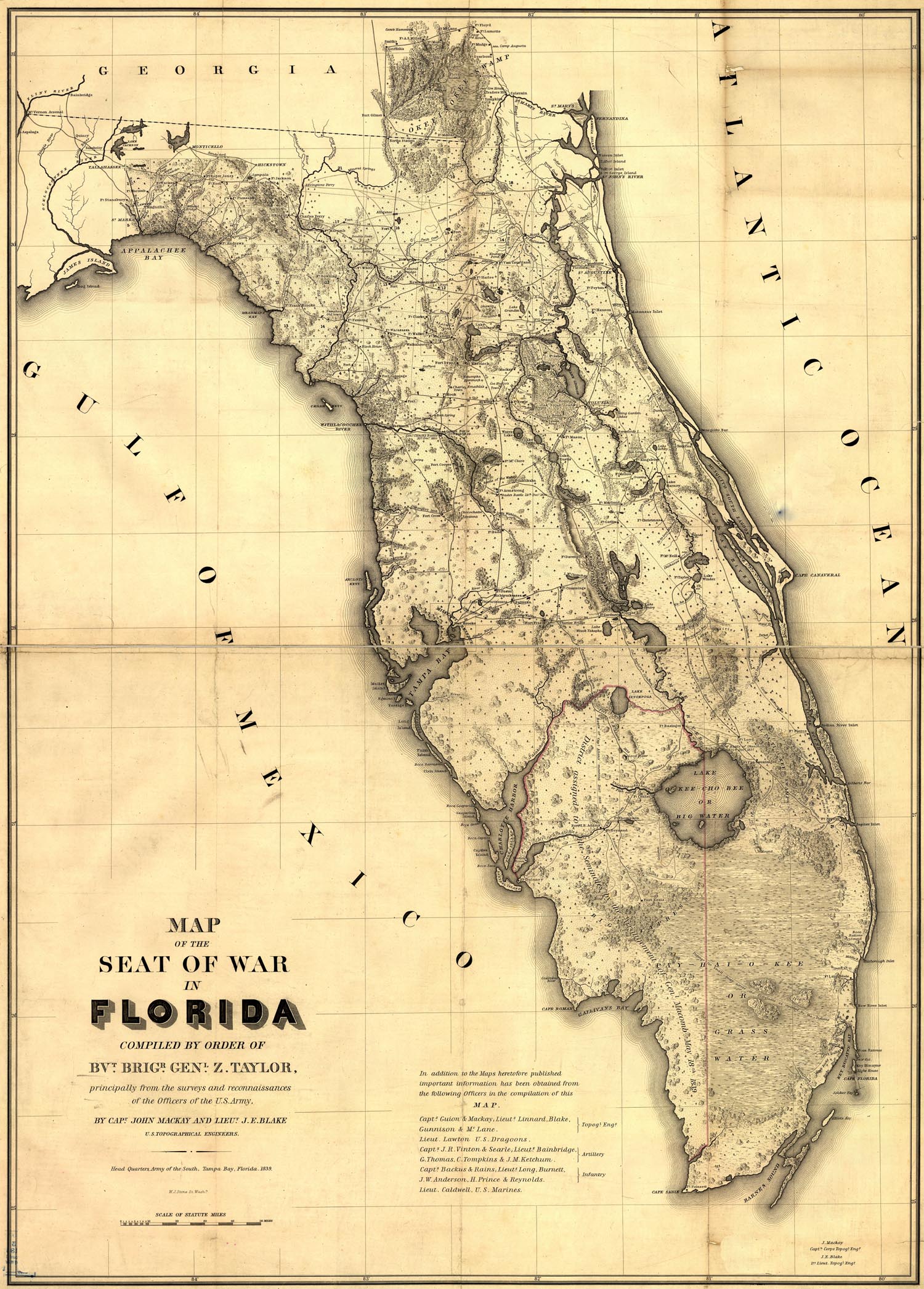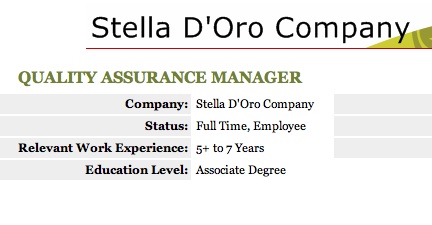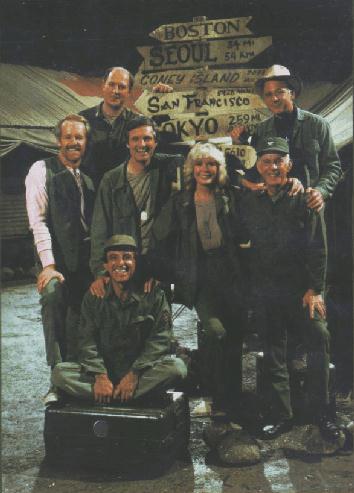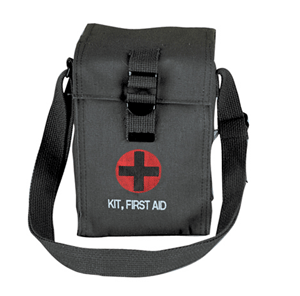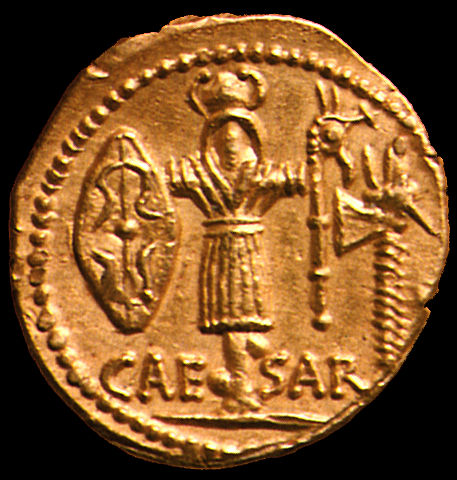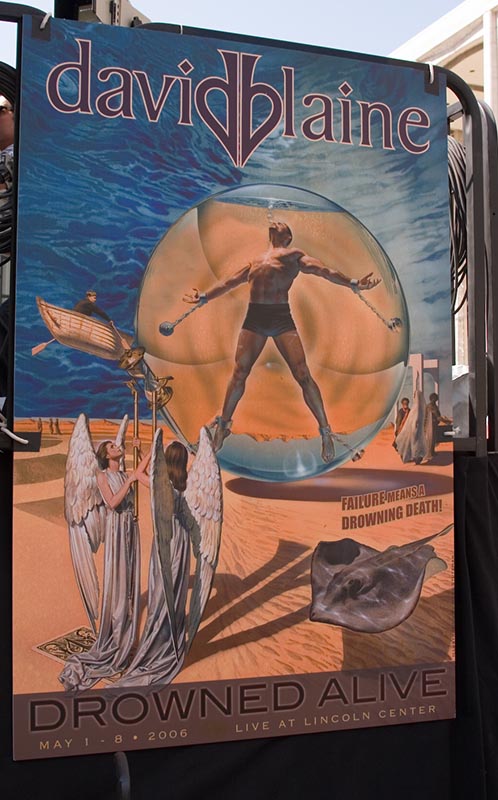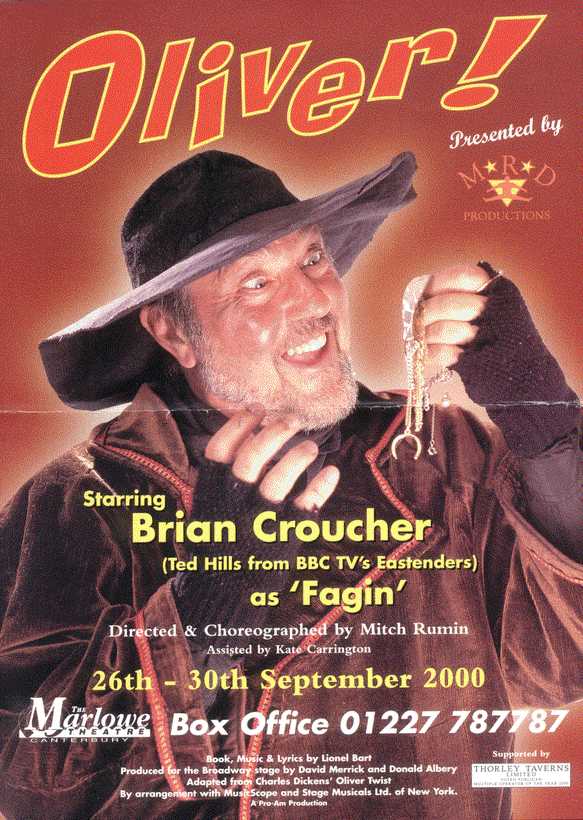Last night, inspired by a response to my deliberately vague Question of the Week, I picked up my old worn-out copy of Dune. I was assigned the book in high school twenty years ago, and still have the same copy, which means either they had given it to us, or more likely, I never got around to returning it.
Still tucked into the almost definitely stolen book is a bookmark that also must have been given to us in high school. It’s a “Cultural Literacy” bookmark, based on the book by E.D. Hirch that came out at about that time. My high school English teacher was a huge proponent of this book which literally listed pages and pages of references that a culturally literate person should know. Our teacher, who yet was cool enough to assign us Dune and Catch 22 (which I also somehow still have), would photocopy the pages of the book and assign us cultural references to look up and present to the class.
The bookmark has a very small sampling of these terms, which includes basal metabolism, taproot, intransitive verb, Tito, ombudsman, capital gains, and byte. If you can’t define all of those terms, this bookmark says you’re illiterate.
Hey, in 1987, byte was a toughie.
And that’s really the point here. This bookmark just screams the point: You can’t know what students will need to know in twenty years. The skills needed today are so much more complex than memorizing lists of references. In a constantly changing world, creativity and the ability to learn new skills are far more important than knowing offhand what a Eustachian tube is. If I did learn that in high school, it’s gone now, and I don’t seem to miss it.
And I do think kids need to learn facts. But facts need to be learned in context. If historical dates are important, it’s only because they allow us to understand how two or more events are connected to each other. Did we invade Iraq before or after 9/11? Knowing that can profoundly affect our understanding of both events.
If, in the future, both events were scattered among a list of “cultural literacy” items and students were required to look them up and present them to a class, that sense of context would be lost. Much better to give them authentic tasks that allow them to construct meaningful understandings. They’ll still learn the facts, and will remember them longer.




